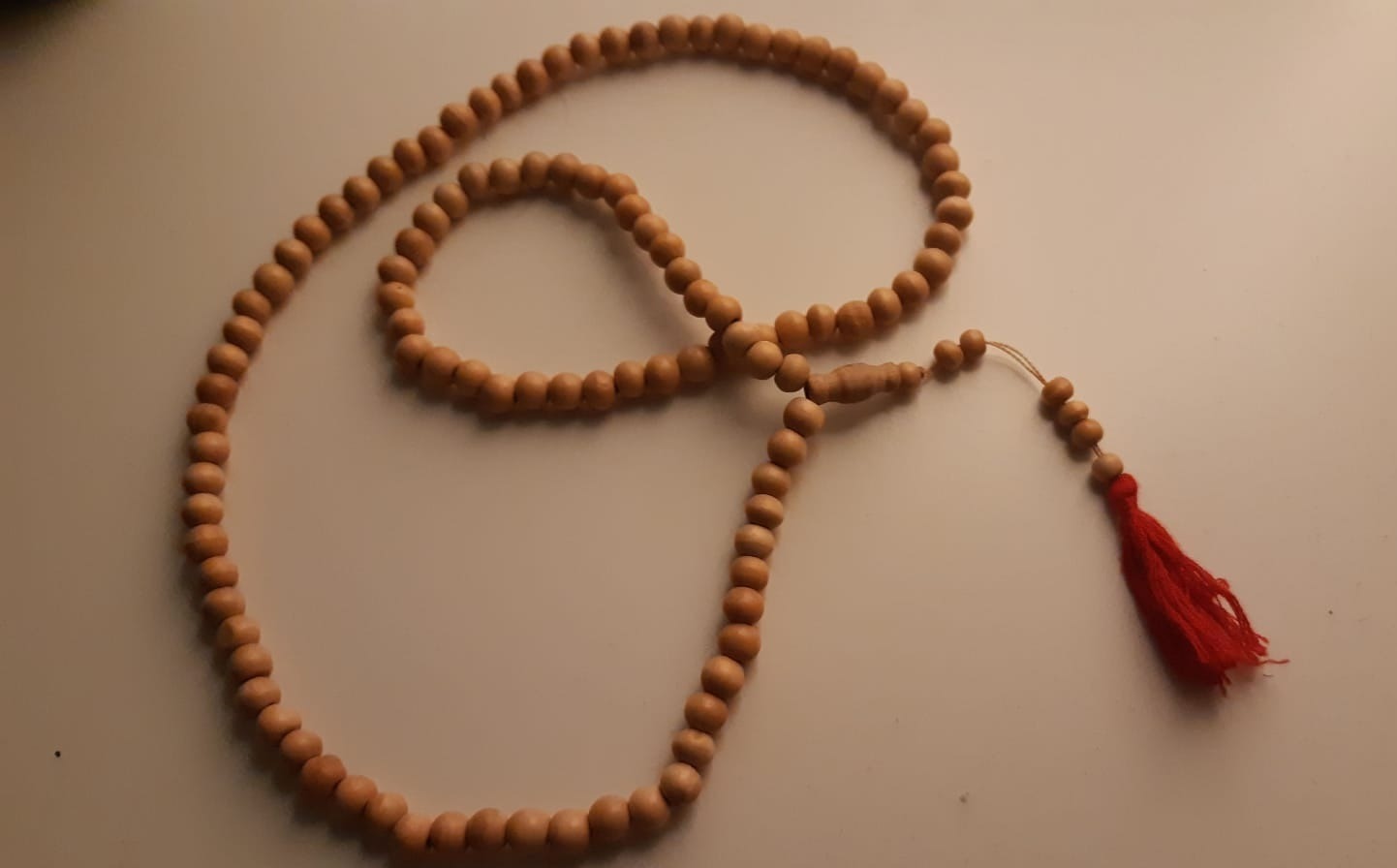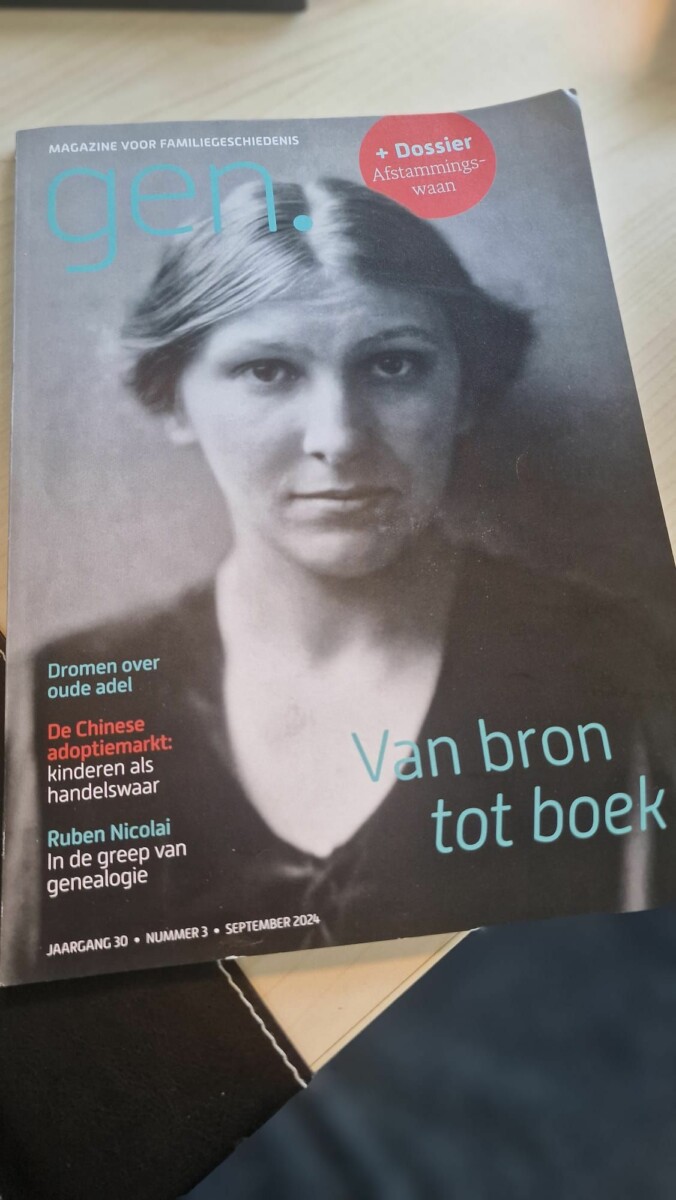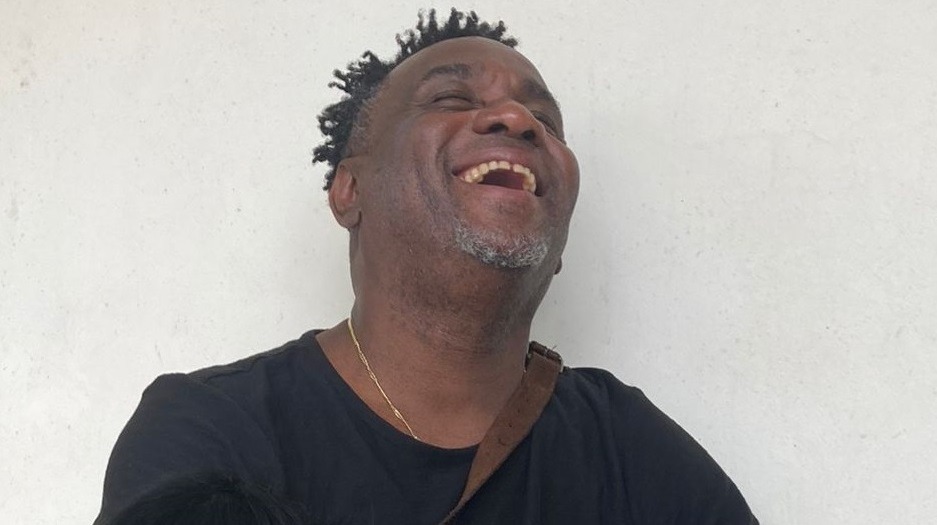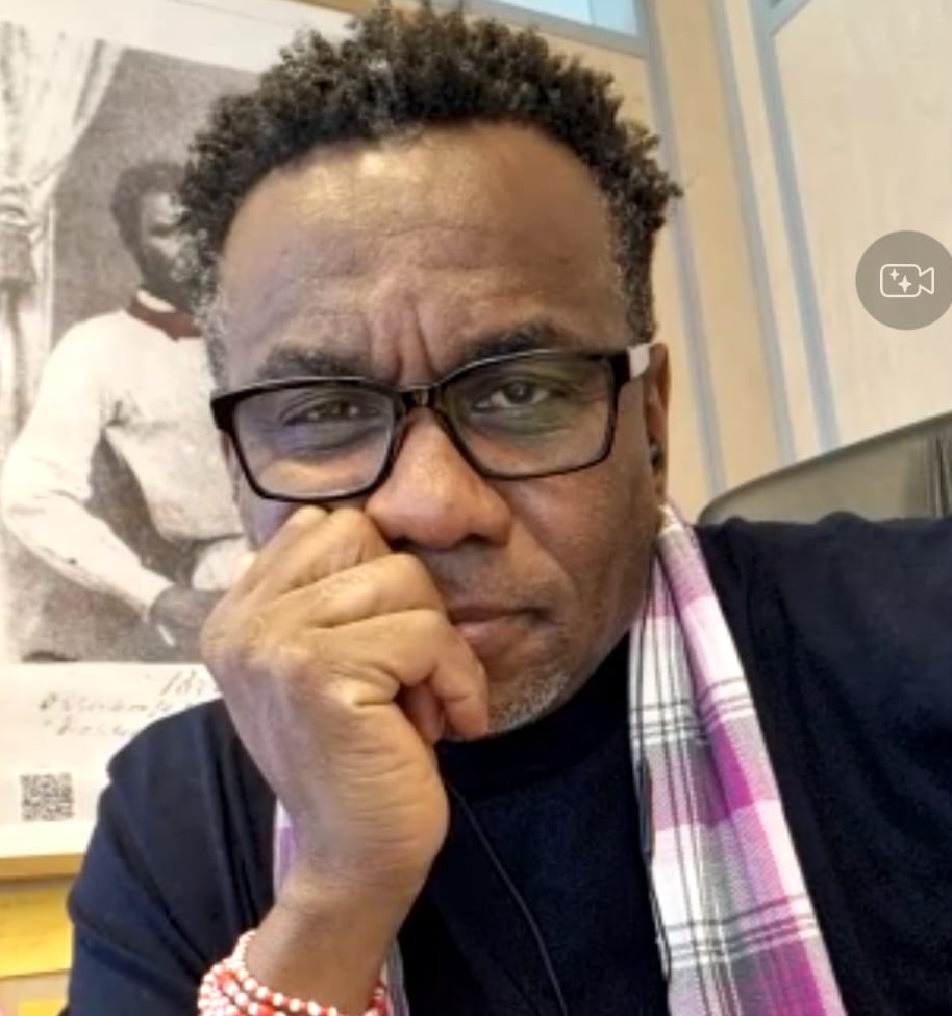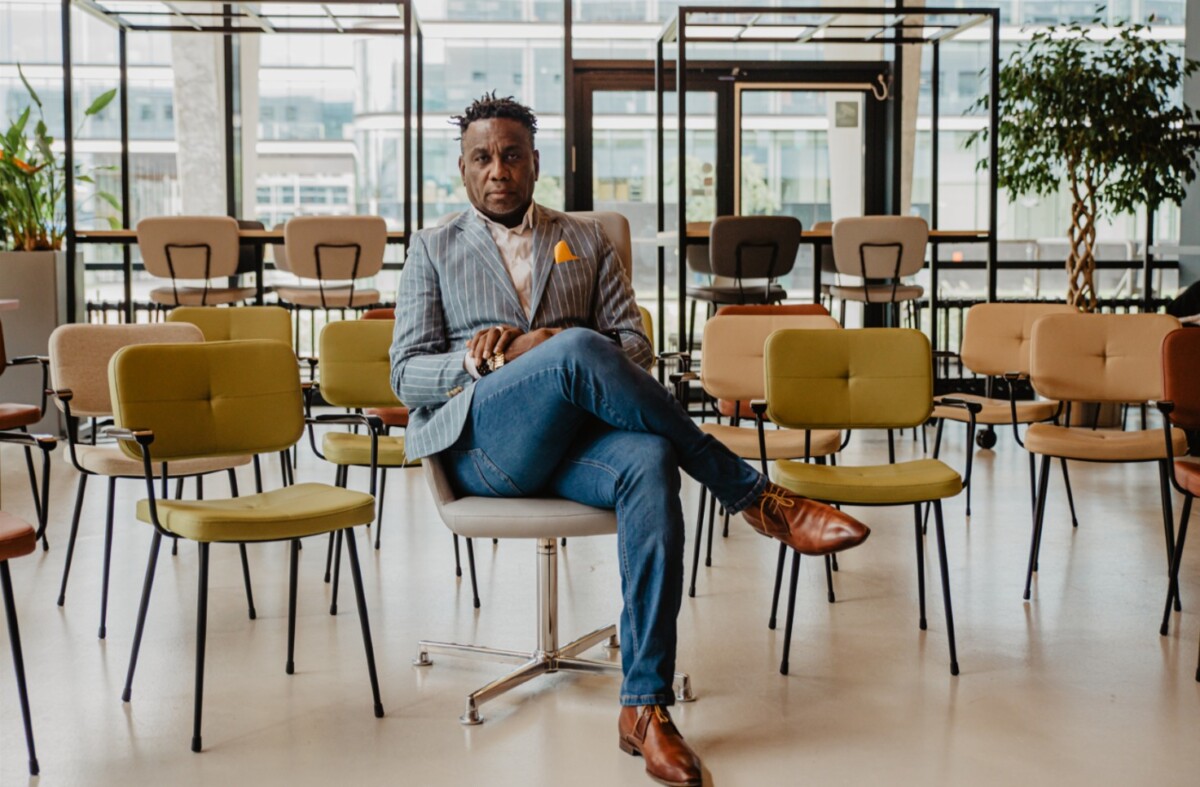I left this rained-out BBQ in The Hague tonight munching on a badly done bratwurst, but not bothered with that at all because I was amazed that I had once again found myself in the company of some deep African thinkers eh.
“Why would you call your people a tribe?” a Kenyan asked rhetorically.
Skin glistening as dark as melanin skin comes, he is the kind who obviously likes a discussion because he is clearly always able to turn it into a lecture. And he loves lecturing, clearly. He was born in a village close to the Victoria Lake, but refuses to call it by that name. The audacity of the British to think everybody would just be ok with them changing ancestral names just like that, annoys him. He said the true name of the lake and explained that it means “Big Water.”
He is tall, like me. Not regal-like. Regular. Like me. Millimetered white hair wraps around his bald shining head like a subtle crown. His reddish eyes look straight into mine from within their deep sockets that sit in his chiseled face. His look narrates impatience and intolerance with audience that cannot follow him in depth. I held on.
His remark came just minutes after a Sudanese man had been telling me about the little marks his mother had made into his face, six cute little carvings just to the right in the skin by his left eye. I was amazed by them, so I apologized first and asked about them, kindly, reluctant. He didn’t mind the intrusion. He said that in his tribe, women carve the ones in his face for their male children, and longer ones for their girls. “In other tribes they can be longer, or on the forehead, or just above the lips.”
He was so excited to tell stories about his tribe, that families are so protective of their women that men who don’t belong to the tribe could be killed if they would dare touch them. “You would be killed!” he assured me. He grinned, but it was not a joke.
The Sudanese had joined me at my table where I was standing with a jolly Syrian who seems to have a habit of entering your personal space when he is in a conversation with you, not in an annoying way, but only because he wants to gobble up every word that leaves your mouth. A psychologist by training, he fled Syria a few years back and now organizes music festivals throughout Europe.
There was also this Burundi doctor who works for AMREF and used to work for Doctors sans frontiers and was called “our ancestor” by the Haitians when he went over there to help after the earthquake. “I felt home there,” he said. Too many stories in one night and I was enthralled especially by the ones the Africans were telling. I always love to hear stories from the continent my forefathers had been stolen from, told by people who are really from there.
The Sudanese told me that his country spans more than 1.8 million square kilometres. “In Sudan we speak more than 25 different languages.” And his tribe is one of many in Sudan. It is huge, with land as big as the Netherlands.
The Kenyan chimed in seamlessly a short while later and it never became clear to me if he was responding to the Sudanese story because he wasn’t at my table when it was being told.
“We should stop calling our people tribes. There’s more than 40 million of you. People with the same background as yours, the same language and traditions. That makes you a nation! That makes your country a nation of nations,” he said. “We should not use these words like tribes to refer to ourselves. Those are words that are meant to demean us. (Because) why do African people become tribes even when they outnumber those people that call them tribes? We should stop calling ourselves that and demand it from others too. Your people are a nation!”
He gave me his business card and insisted we talk soon. His western name was in brackets, his African name that means “born at night”, predominant, first-up and bold, in a thick black font. “Why?” I asked, even while I already knew why. “Because I’m in the process of dropping it. There’s nothing wrong with the African one that I was given.”
I smiled. And left.
As I walked out, the woman who served me that bratwurst complimented my Buddhist necklace and asked if they were catholic. I said I am very much into beads and hoped to get one more for my 50th earthday. She said that in the 12 years between now and then I should be able to get many more. When I said nah, it’s in a few months, she remarked sans compliment, sans smile and matter of factly: “black really does not crack!”, and walked away.
The BBQ hadn’t really gotten started yet. I could see the real meat waiting for its turn on the grill, but the only thing that was ready was that ill-grilled bratwurst. And some bread.
Chomp chomp. I had to go.
But I really like being amongst wickedly smart people.

